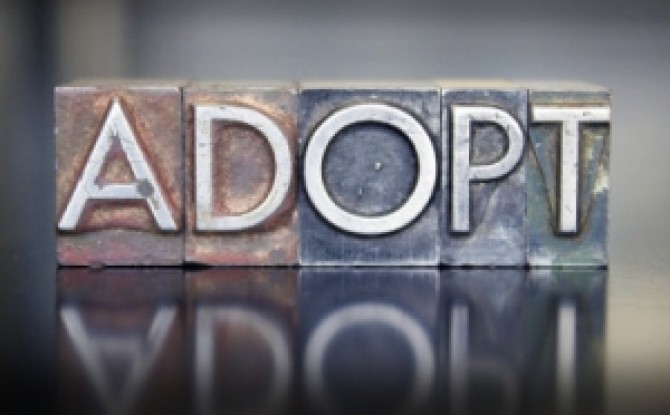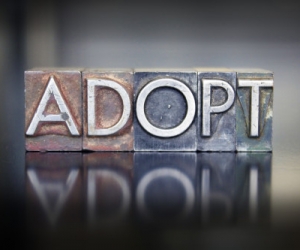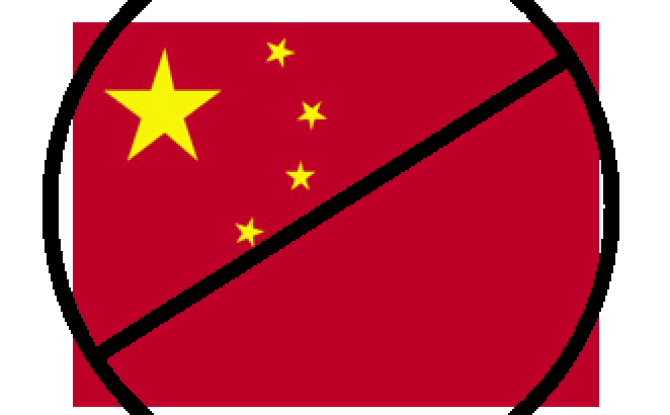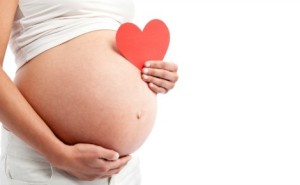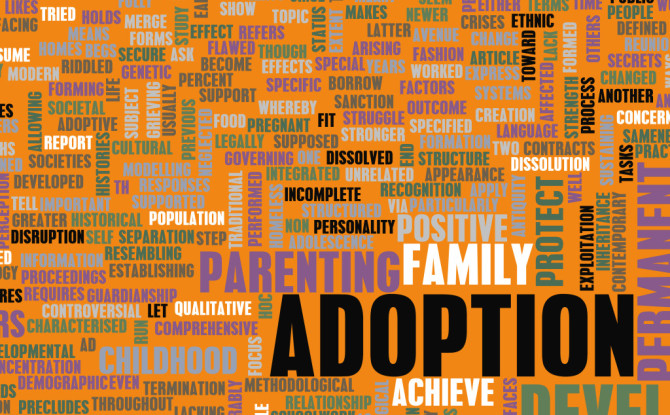The nation’s leading professional association of fertility specialists has reached a settlement with a group of women who claimed the medical group’s guidelines on human egg donor prices violated federal antitrust laws.
Two women who provided eggs to couples struggling with infertility sued the American Society for Reproductive Medicine in federal court in San Francisco in 2011, claiming that the group artificially suppressed the amount they can get for their eggs. Two other women later joined the case.
The medical group agreed to delete provisions in its guidelines concerning egg donor compensation, according to the proposed settlement filed in court last week. It also agreed to pay plaintiffs’ lawyers $1.5 million in fees and costs. The four named plaintiffs would also receive $5,000 each. The settlement needs court approval.
As WSJ’s Ashby Jones earlier reported, the lawsuit challenged egg fee guidelinesestablished by the organization more than a decade ago. The group, which represents fertility specialists, suggested that payments for donated human eggs should not go above $5,000 without justification, and said that payments greater than $10,000 went “beyond what is appropriate.”
The price guidelines aren’t mandates. But more than 90% of the nation’s clinics belong to the society, so they’re widely followed.

Industry groups behind the price guidance say caps are needed to prevent coercion and exploitation in the egg-donation process. But the plaintiffs claimed the guidance amount to an illegal conspiracy to set prices.
Under the terms of the settlement, which still needs final court approval, ASRM agreed to delete some language from the guidelines. According to the proposed settlement:
ASRM will amend the challenged report concerning donor compensation by removing numbered paragraph 3 (which reads “[t]otal payments to donors in excess of $5,000 require justification and sums above $10,000 are not appropriate.”) and by removing the following language from page 4: “Although there is no consensus on the precise payment that oocyte donors should receive, at this time sums of $5,000 or more require justification and sums above $10,000 are not appropriate” and “A recent survey indicates that these sums are in line with the practice of most SART member clinics.”
by Jacob Gershman, Wall Street Journal, February 3, 2016
Click here to read the entire article.

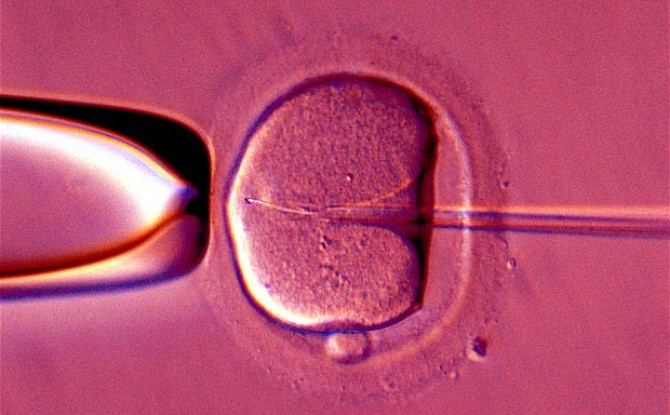


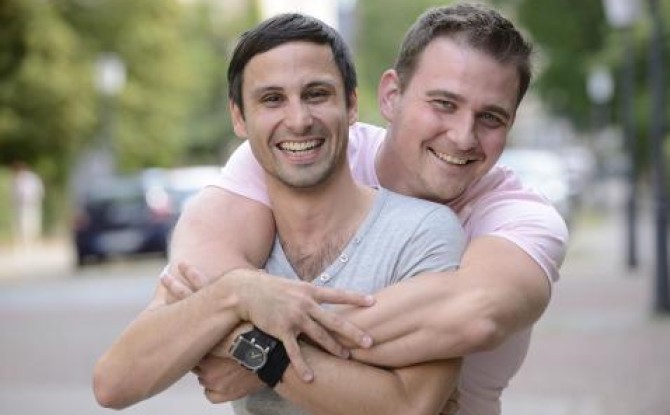

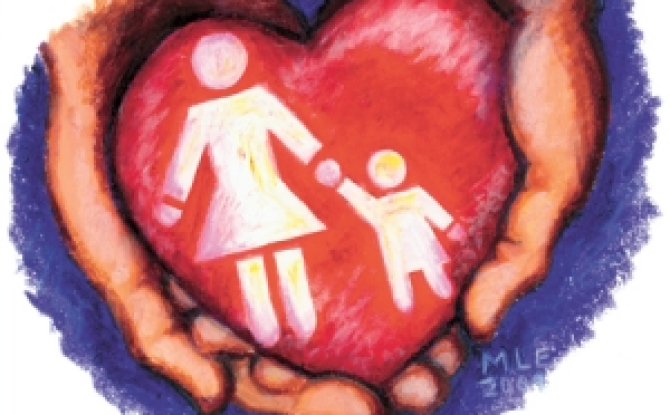
 We were taking a walk in the woods outside Boston, and following behind him I was surprised by how much he moved like his father. We spent that afternoon showing each other icicles and hollow trees, breaking frozen patterns in the river ice, inching too close to the water to get a better view of the bridge above.
We were taking a walk in the woods outside Boston, and following behind him I was surprised by how much he moved like his father. We spent that afternoon showing each other icicles and hollow trees, breaking frozen patterns in the river ice, inching too close to the water to get a better view of the bridge above.
 Low Income LGBT Legal Needs Identified by New Report
Low Income LGBT Legal Needs Identified by New Report